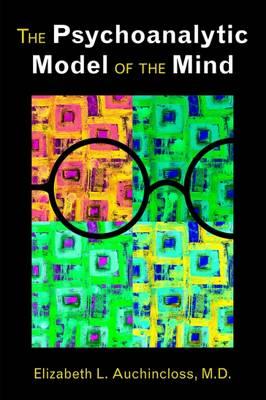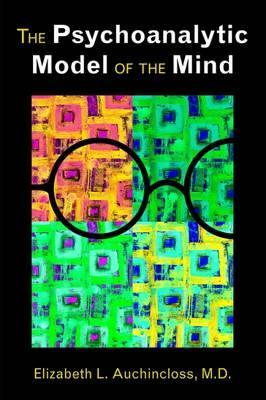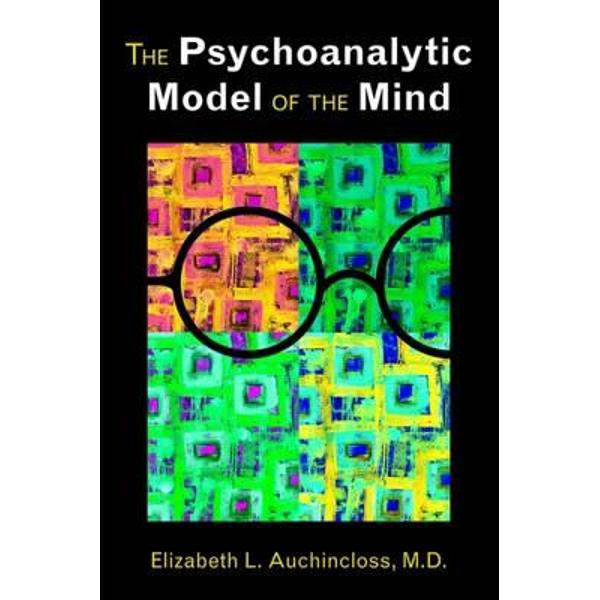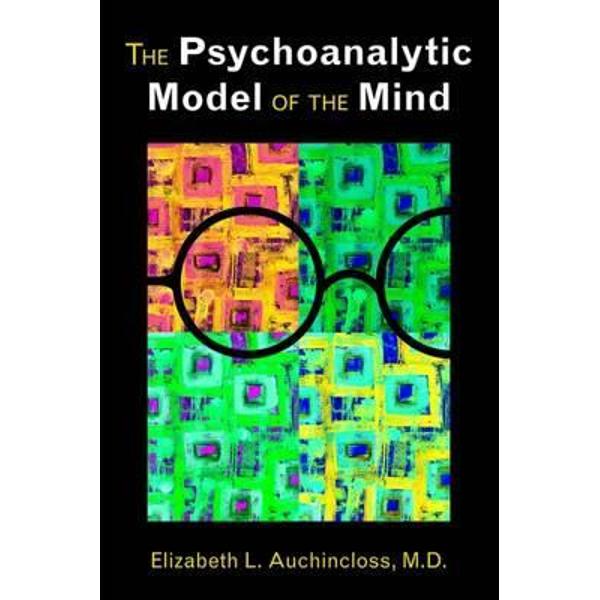Psychoanalytic Model of the Mind
Psychoanalytic Model of the Mind
The book is rich in descriptive detail yet pragmatic in its approach, offering many features and benefits: In addition to providing the theoretical scaffolding for psychodynamic psychotherapy, the book emphasizes the critical importance of forging a strong treatment alliance, which requires understanding the transference and countertransference reactions that either disrupt or strengthen the clinician-patient bond. The book is respectful of Freud without being reverential; it considers his contribution as founder of psychoanalysis in the context of the historical and conceptual evolution of the field. The final section is devoted to learning to use the psychoanalytic model and exploring how it can be integrated with existing models of the mind. In addition to being a valuable reference for mental health clinicians, the text can serve as a resource for undergraduate and graduate students of philosophy, neuroscience, psychology, literature, and all academic disciplines outside of the mental health professions who may want to learn more about what psychoanalysts have to say about the mind. Important features include an extensive glossary of terms, a series of illustrative tables, and appendixes addressing libido theory and defenses.
Drawing upon a broad range of sources to make her case, the author persuasively argues tha
PRP: 450.50 Lei
Acesta este Prețul Recomandat de Producător. Prețul de vânzare al produsului este afișat mai jos.
405.45Lei
405.45Lei
450.50 LeiLivrare in 2-4 saptamani
Descrierea produsului
The book is rich in descriptive detail yet pragmatic in its approach, offering many features and benefits: In addition to providing the theoretical scaffolding for psychodynamic psychotherapy, the book emphasizes the critical importance of forging a strong treatment alliance, which requires understanding the transference and countertransference reactions that either disrupt or strengthen the clinician-patient bond. The book is respectful of Freud without being reverential; it considers his contribution as founder of psychoanalysis in the context of the historical and conceptual evolution of the field. The final section is devoted to learning to use the psychoanalytic model and exploring how it can be integrated with existing models of the mind. In addition to being a valuable reference for mental health clinicians, the text can serve as a resource for undergraduate and graduate students of philosophy, neuroscience, psychology, literature, and all academic disciplines outside of the mental health professions who may want to learn more about what psychoanalysts have to say about the mind. Important features include an extensive glossary of terms, a series of illustrative tables, and appendixes addressing libido theory and defenses.
Drawing upon a broad range of sources to make her case, the author persuasively argues tha
Detaliile produsului















